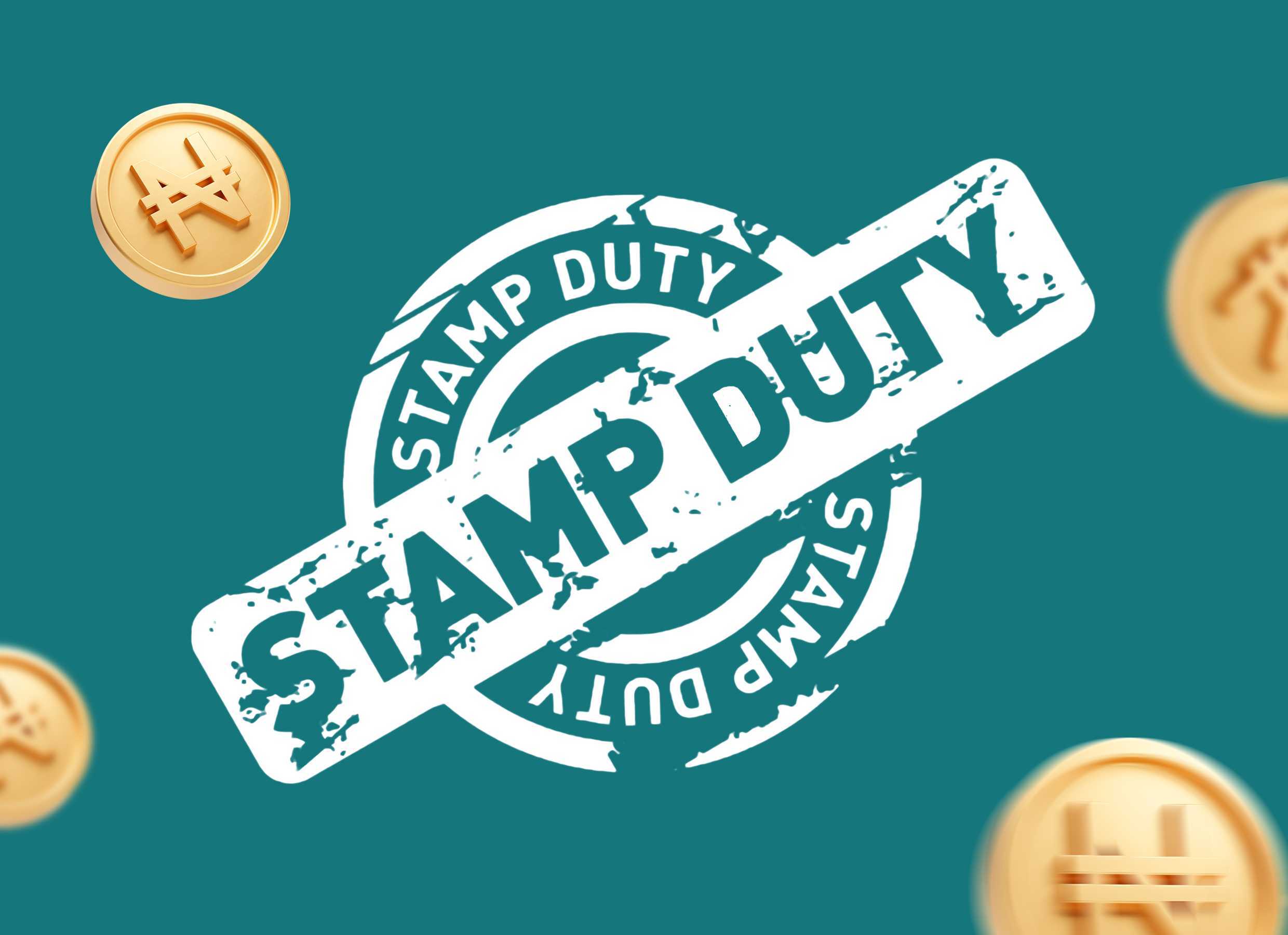Contemplating A Template?
As lawyers, we often get asked about templates – specifically, whether we provide them and whether we think they’re safe to use. The answer to both questions is a resounding “no” from us.
We do understand that going down the template route can be appealing. You may be concerned that a lawyer won’t fit in your budget, or you could believe that a template will provide just as good an outcome, but the reality is that using a template may actually cost your business a lot more in the long run and is, in many ways, a gamble.
Now let us pause and say that, of course, not all templates are created equal. Some templates, if drafted recently by the right lawyer, may actually give you some protection (and are certainly better than having no agreement in place at all). However, given the risks (many of which we have seen in practice), we firmly believe that templates should never be used in lieu of a qualified lawyer.

1. A Document You Don’t Need
Many clients will come to us with a basic idea of what they need; “I need a services agreement”, “I need something to use with my contractors”. That’s great, and will usually be the starting point for a longer conversation where we can advise our clients exactly what they need in their situation. Sometimes it is the document that they approached us about, but sometimes it’s something entirely different.
You’re not expected to know the legal characterisation of the document that you need; that’s what we’re here for. With templates, especially when you’re selecting from a list, you won’t get the benefit of talking to a lawyer to ascertain the actual document that you need (which could result in you choosing the wrong document altogether).
2. It Says What Now?
Do you know what the terms in the template mean?
Do you know what it requires you and the other party to do?
Does it reflect what your business actually needs?
One key benefit of engaging a lawyer is that they can answer all of these questions for you.
If you’re using a template, odds are that you won’t read through the whole document in full and, even if you do, you might not fully understand the legal ramifications of certain provisions. This can, as I’m sure you can imagine, lead to issues down the track.
Real life example of how this can go wrong –
A few months ago, a marketing business came to us with a potential dispute as one of their clients was withholding payment of their fees. We looked at their service terms (a template they had gotten from a friend**) and, to our horror and to the business’ shock, we found a clause that entitled the business’ clients to withhold payment if they weren’t satisfied with the services.
(**see point 4 below for how we feel about these)
3. It Feels Like Something’s Missing…
Similar to the above point – you might need specific or bespoke terms to properly protect you and your business. A lawyer will be able to mould a document to suit not only your business, but also your personal situation and objectives. Templates are, by definition, generic, and it’s possible (or rather, likely) that certain terms that you need will not be included.
This is essentially the idea that one size does not fit all – a services agreement that’s suitable for a graphic designer would not be suitable for an accountant (and so on and so forth…)
4. Too Many Cooks in the Kitchen
Whilst some templates are sold by legal platforms, there are also other types of templates that you might ‘get from a friend’ or from another business. With this latter type, there is a very real risk that the template may have been drafted or amended by non-lawyers, often resulting in a “dog’s breakfast” of contradictory provisions and potential enforceability issues.
These are, in our opinion, the worst type of templates and we encourage you to stay away from them at all costs (que horror music)!
5. The Enforceability Factor
Building on the last point, if the document has been drafted or amended by a non-lawyer, or if it is not up-to-date with current laws (as many templates might not be), there may be issues with enforceability.
If the agreement isn’t legally enforceable, then you’re looking at a pretty worthless piece of paper.
6. It’s All In The Details…
It may seem obvious, but legal documents are all about the details.
No case emphasises this as well as the Canadian ‘Million Dollar Comma case’, where one single comma was inserted in the wrong position, resulting in a party being deemed entitled to terminate the agreement much earlier than was intended (in turn costing the other party one million Canadian dollars).
Whilst it may sound extreme, this case is actually a perfect (and somewhat scary) example of how much precision and experience is required to properly prepare legal documents (and the risks if you get it wrong).
With a qualified lawyer, these risks are reduced, as we know which details to include and which details to look out for (FYI, they vary from case to case).
With a template, to a large extent you’re closing your eyes, crossing your fingers and toes and hoping that those details are correct; but the reality is, in most cases, you won’t know for sure until something goes wrong.
Well, now I’m slightly worried… what should I do?
Very simple, speak to a lawyer!
These days, many lawyers aren’t your typical ‘charge for every second of time’ type lawyers (we certainly aren’t).
There are many firms that offer transparency, fixed fees and (speaking for our firm) are willing to take the time to talk to you about what you need, without charging, so that you can make an informed decision that works best for you and your business.
If you’d like to chat further about how we might be able to help you and your business, feel free to email us (or take a look around the website, to find out more about the firm).
*Disclaimer – We know most of you would realise this, but we wanted to reiterate that the above information is general in nature and does not take into account your personal circumstances. Legal, and other, information should not be relied upon in lieu of seeking appropriate professional advice, which we encourage you to do.



